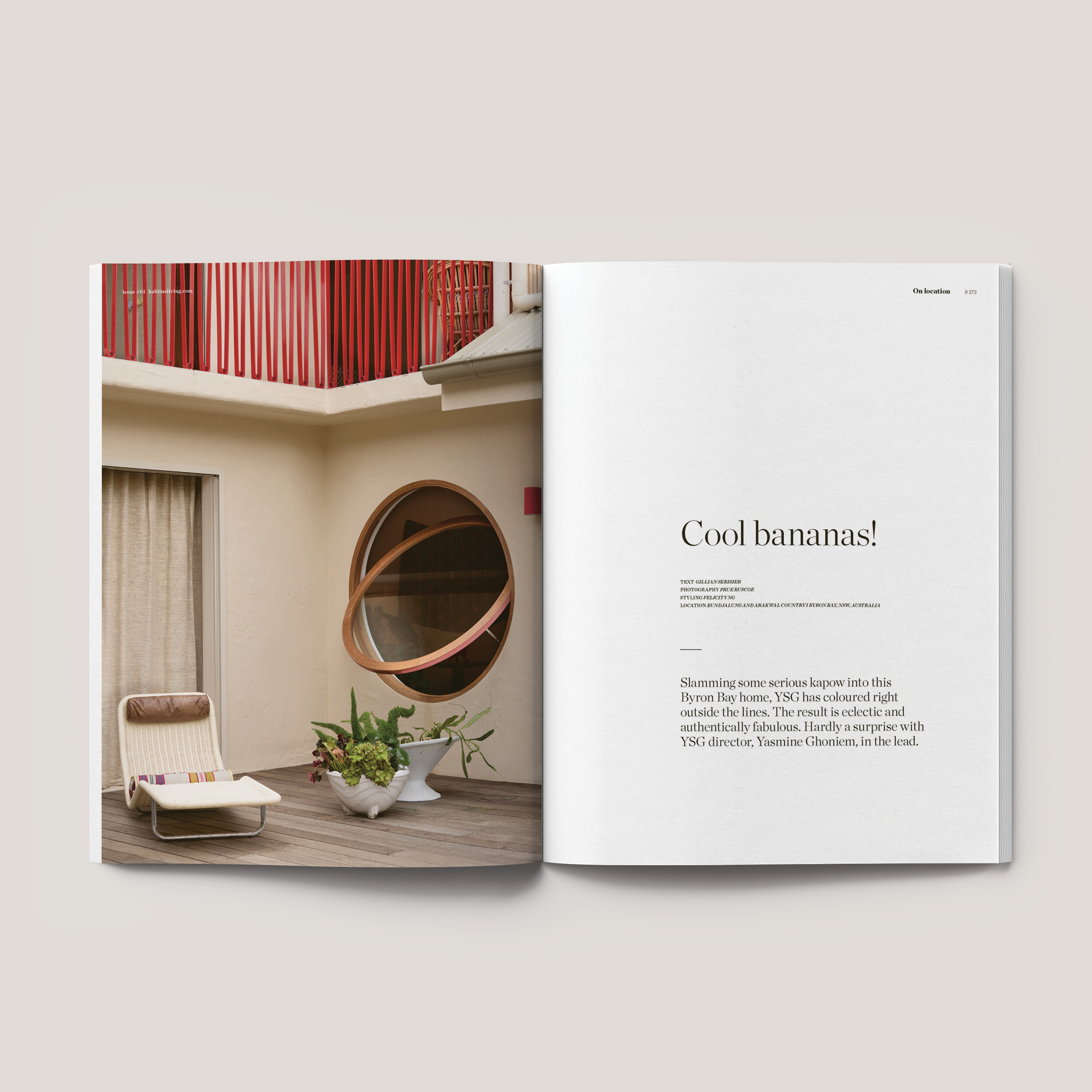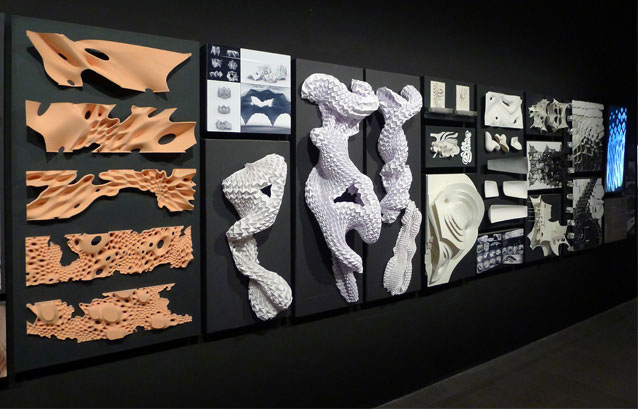A number of works at the Central Pavilion of the Giardini focus on looking backwards at the origins of architecture, occasionally accompanying this with modern interpretations or elaborations. Facecity, by Pino Musi and Francesca Molteni, explores the ‘absolutely modern’ work in post-war Milan by artists including Caccia Dominioni, Ponti, Gardella and Magistretti, while The Piranesi Variations elaborate 18th Century artist Giovanni Battista Piranesi’s landmark drawings of an imagined Rome with four new interpretations by contemporary design firms. Despite dealing with relatively familiar territory, rich subject matter and creative displays give these more didactic works a classic and stimulating appeal.


Among the more issues-driven works are Process of Change by The Aga Khan Trust for Culture, which examines how the fabric of cities can be protected and rehabilitated from poverty and conflict, and The Banality of Good, an ironic and acidic criticism of the trajectory of 20th and 21st century urban planning, which laments the replacement of socially positive ideals such as emancipation, equality and progress with efficiency, expediency and individualism.


This more energetic dialogue is sustained in some of the national pavilions, with Israel and Greece both presenting politically charged environments. Exploring sensitive issues like the construction of settlements in the West Bank and the impact of economic collapse on Athens’ built environment, architecture is used as a lens through which to view dramatic social conflicts.

Contrasting to this is the minimalist and hyper-digital Russian pavilion, which gives visitors a tablet and invites them into an eerie interior were every surface is covered in illuminated QR codes. Visitors can use the tablets to scan the codes and discover various aspects of the ‘I-city Skolkovo’ project, whereby the city, located near Moscow, will attract more than 500 international companies working in IT, biomedical research, nuclear research, energy and space technology.

The Arsenale exhibition, despite at times feeling only tenuously related to architecture, is still substantially rewarding, with a number of striking installations. Of particular aesthetic merit is Arum, by Zaha Hadid Architects. Placing the magnificent thin shell and tensile forms of the firm on a line of continuity spanning masters such as Felix Candela and Heinz Isler, this installation explores the history of the vernacular as well as extending into its future with the work of stone compression researcher Philip Block and students of Applied Arts at the University of Vienna.

In all the 13th Biennale of Architecture is perhaps not as stirring as previous editions; however it remains uniquely important occasion for architects worldwide to showcase not just their work but their ideas regarding architecture, and is thus a crucial place of exchange. In this sense at least, Director David Chipperfield’s theme of ‘Common Ground’ is perfectly well suited.

